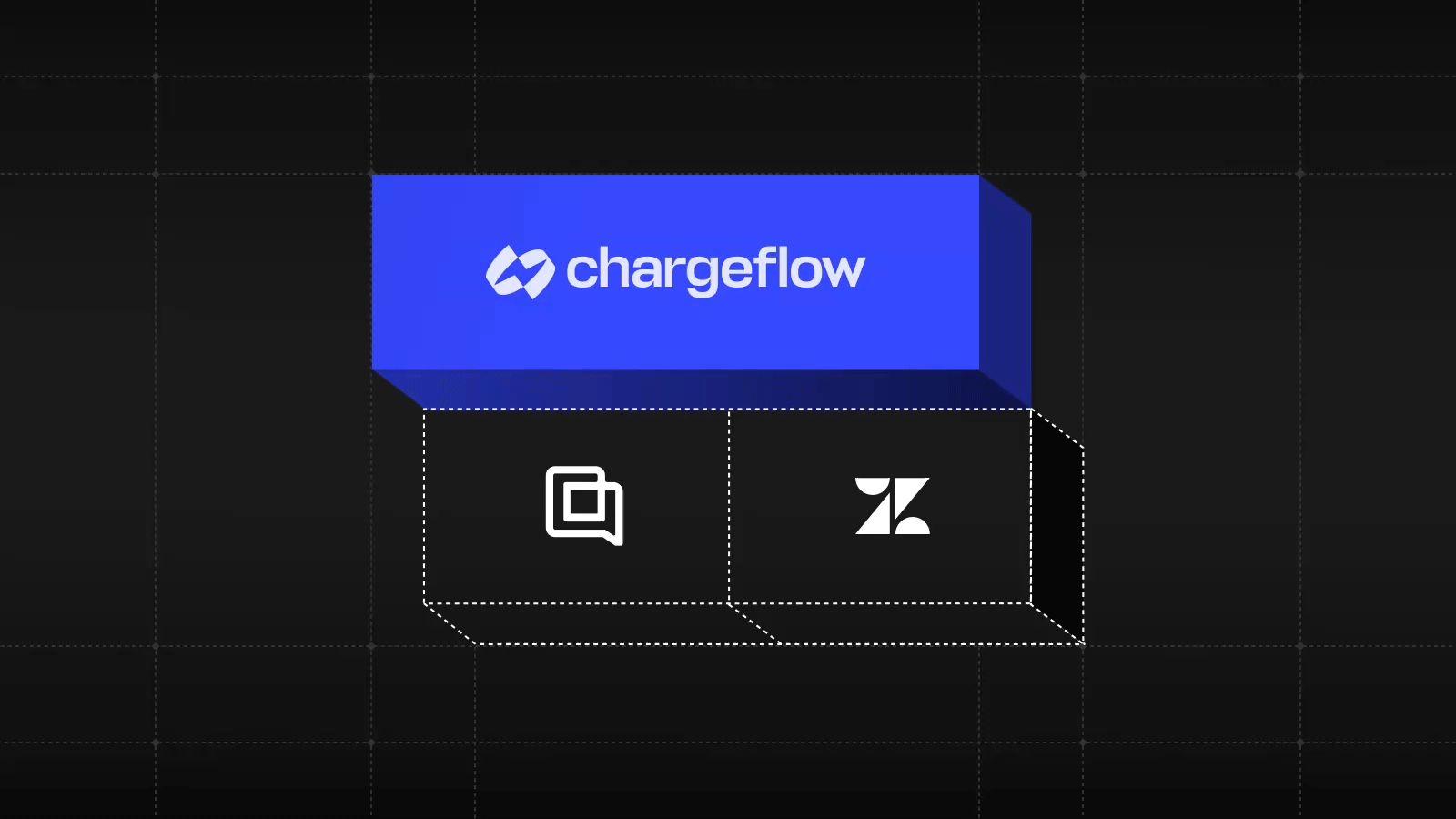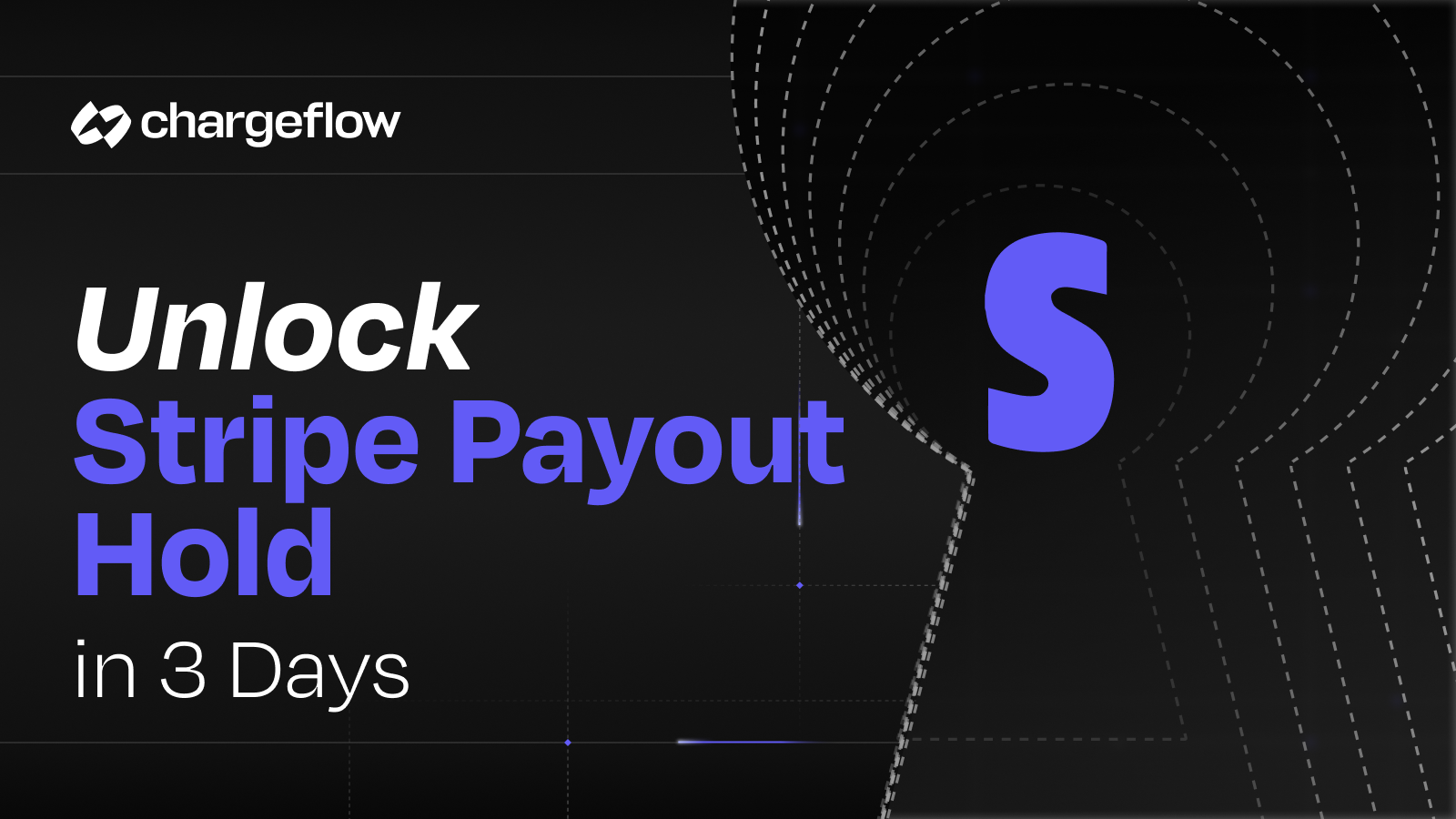Visa Compelling Evidence 3.0 Explained - What Merchants Need to Know in 2024

Chargebacks?
No longer your problem.
Recover 4x more chargebacks and prevent up to 90% of incoming ones, powered by AI and a global network of 15,000 merchants.
Visa created the Compelling Evidence 3.0 policy to combat fraud as their internal data shows friendly fraud accounts for up to 75% of all chargebacks.
A new Visa policy (Visa Compelling Evidence 3.0) has changed requirements on the amount of evidence a merchant must submit to resolve chargebacks.
Traditionally, cardholders file chargebacks when they believe someone made an unauthorized transaction with their card. Or when they have specific issues with their transactions and can't reach a favorable consensus with the seller. But, as Visa internal reporting has found, many cardholders resort to chargebacks even when no fraud has happened. This chargeback misuse is called friendly fraud, first-party misuse, or first-party fraud – which accounts for up to 75% of all chargebacks.
Consequently, Visa has announced changes to its dispute program to help address the said abnormality. The policy took effect on April 15, 2023. They hope to also potentially create more accurate fraud data models, resulting in better authorization decisions, fraud prevention, and other benefits by improving the identification of false fraud claims.
Below we share valuable insights into the Compelling Evidence 3.0 (CE3.0) policy and how to effectively meet the welcoming CE3.0 requirements and prevent chargebacks.
What is Compelling Evidence 3.0 in Simple Terms?
Visa defines Compelling Evidence as “proof the cardholder participated in the transaction, received the goods or services, or benefitted from the transaction.”
Since chargeback is a consumer protection instrument, it's quite natural for banks and credit card companies to side with cardholders at chargeback mediation. Hence, providing compelling evidence that shows the cardholder actively participated in the transaction, received goods or services, or derived some form of benefit from the transaction helps you gain trust from banks when a cardholder files a chargeback. Again, the evidence considered to be compelling must include customer communications, proof of product delivery or usage, etc.
Hence, Compelling Evidence 3.0 is Visa’s way of standardizing the accepted requirements – changing what the company considers compelling evidence.
Under the new policy, the following are compelling evidence merchants must provide:
- Data elements matching previously undisputed transactions
- Number of previously uncontested transactions
- The ages of such previous transactions undisputed
That means, since CE3.0 took effect in April 2023, compelling evidence must now consist of:
- The customer's device IP address or device ID.
- Two primary pieces of this evidence (device fingerprint, IP address and account/login ID, or delivery address) must correspond with previously undisputed transactions.
- Two or more previously uncontested or non-fraudulent transactions within 120 days of the transaction under dispute.
If the merchant meets those checks and balances, the chargeback liability will shift to the card issuer.

How Do You Meet Visa’s Compelling Evidence Guidelines?
CE3.0 is Visa’s way of stimulating openness in the post-purchase eCommerce ecosystem. Such transparency helps to draw a precise and natural relationship between the merchant and the cardholder and prevent unnecessary disputes before a cardholder even attempts to file a case. Below are the steps to take to ensure you meet CE3.0 requirements.
1. Use Visa's Order Insight® to gather and share new remedy criteria for all transactions
Order Insight is Visa's proprietary tool that helps businesses share sales and purchase documentation with banks and buyers at that point of inquiry and in real time to avoid confusion and stop disputes.
Visa has advised merchants to start gathering CE3.0 remedy criteria, such as customers' shipping addresses, IP addresses, device IDs or fingerprints, and login IDs, to help merchants prepare for the program rollout next year.
Starting early to gather such documentation will ensure that when a customer files a dispute, you have an arsenal at your disposal to combat such dispute. More so, you can better serve your customers by helping them clarify any doubts while preventing meritless chargebacks.
2. Automate post-purchase disputes for better data enrichment
One solid strategy for meeting the CE3.0 stipulations is to stop bad actors from making bad transactions. That's where sufficient data enrichment comes in. If you have insight into the cardholder's buying pattern and digital footprint, you can decide whether to allow or decline the order.
By the way, chargeflow's chargeback automation solution uses advanced AI, machine learning, and sophisticated in-house fraud prevention solutions to help better identify fraudsters, establish order validity, and win disputes. With such analytics at your fingertips, you can better align your policies to approve only high-trust interactions and decline high-risk orders.
But that's not all.
Chargeflow also brings an extensive, industry-first chargeback response framework that starts where Order Insight ends. This proprietary framework helps merchants craft and send effective chargeback responses that win 2x more disputes. That's how you stay 10x ahead of con artists and beat fraudsters in their own game without lifting a finger.
Chargeflow's Advanced Automation Features
Chargeflow offers a sophisticated chargeback automation solution, equipped with several key capabilities:
- Transaction Tracking: Utilize advanced order insights and AI-generated analyses to effectively track suspicious transactions.
- End-to-End Management: Manage the entire chargeback process efficiently. From the initial dispute to its resolution, everything is handled on autopilot, backed by insights from over 50 data points.
- Behavior Analysis: Gain visibility into user transaction behaviors. This feature helps in identifying patterns, plugging loopholes, and predicting future chargeback-prone transactions.
- Revenue Management: Streamline your revenue management process. By foreseeing potential chargebacks, you can take proactive measures to mitigate risks.
- Strategic Alignment: Align your business strategies with evolving fraud dynamics. This proactive approach ensures you stay ahead in the dynamic eCommerce landscape.
Our data shows that merchants using our fully automated chargebacks get an average of 75%-win rate instead of the industry average of 12%.
Navigating Chargebacks with Confidence
Navigating the complexities of chargebacks in eCommerce is crucial for safeguarding your revenue and customer trust. Embrace a holistic approach to chargeback management. Discover how Chargeflow, coupled with Order Insight®, can enhance your ability to preemptively address and efficiently resolve chargebacks. Take a step towards a more secure and profitable eCommerce experience.
Explore the difference today. Secure your transactions, protect your bottom line. Ready to enhance your chargeback strategy?
Reach out to Chargeflow today and start your journey towards a more resilient eCommerce operation.

Chargebacks?
No longer your problem.
Recover 4x more chargebacks and prevent up to 90% of incoming ones, powered by AI and a global network of 15,000 merchants.






























.png)








